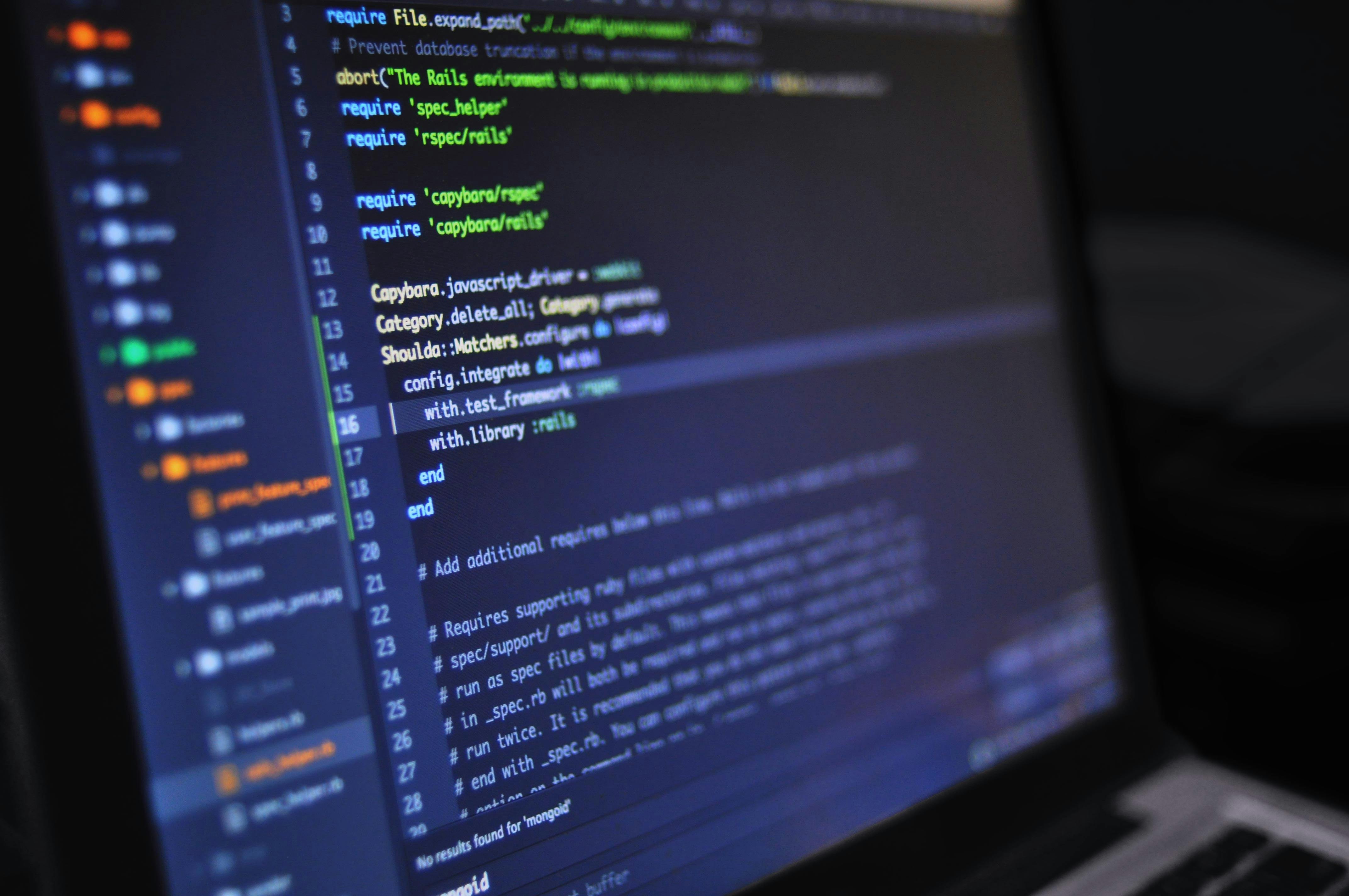Understanding Undefined: A Comprehensive Guide
Introduction
In the realm of programming, variables are used to store data and manipulate it within a program. However, when a variable is declared but not assigned a value, it is said to be undefined. Undefined variables can lead to unexpected behavior and errors in your code, so it’s crucial to understand their implications and how to handle them effectively.
What is Undefined?
Undefined refers to a state where a variable has been declared but not assigned a value. In other words, it’s like a container that exists but has nothing inside it. When an undefined variable is used in an operation or expression, the programming language typically assigns it a special value called undefined.
How to Identify Undefined Variables
Different programming languages have their own mechanisms for identifying undefined variables. Here are some common ways:
- Typechecking: Some languages, such as TypeScript, perform typechecking at compile time. If an undefined variable is used, the compiler will flag an error.
- Runtime checks: Other languages, like JavaScript, perform checks at runtime. When an undefined variable is accessed, the interpreter will throw an error.
- Default values: Some languages assign a default value (e.g.,
nullor0) to undefined variables.
Consequences of Using Undefined Variables
Using undefined variables can have several negative consequences:
- Unexpected results: Undefined variables can lead to unpredictable behavior in your program.
- Errors: Attempting to perform operations on undefined variables can result in runtime errors.
- Debugging difficulties: Undefined variables can make it difficult to debug your code, as the error may occur in a different part of the program.
Handling Undefined Variables
To avoid the pitfalls of undefined variables, it’s essential to adopt good programming practices:
- Initialize variables: Always initialize your variables with meaningful values before using them.
- Use strict mode: Enabling strict mode in JavaScript helps detect undefined variables more effectively.
- Check for undefined values: Use conditional statements or the
typeofoperator to check if a variable is undefined before using it. - Handle errors: Implement error handling mechanisms to gracefully handle undefined variable errors.
Conclusion
Understanding undefined variables is crucial for writing robust and reliable code. By adhering to good programming practices, you can avoid unexpected errors and ensure your programs behave as intended. Remember, it’s always better to prevent undefined variables by initializing them properly and using effective checking mechanisms.
